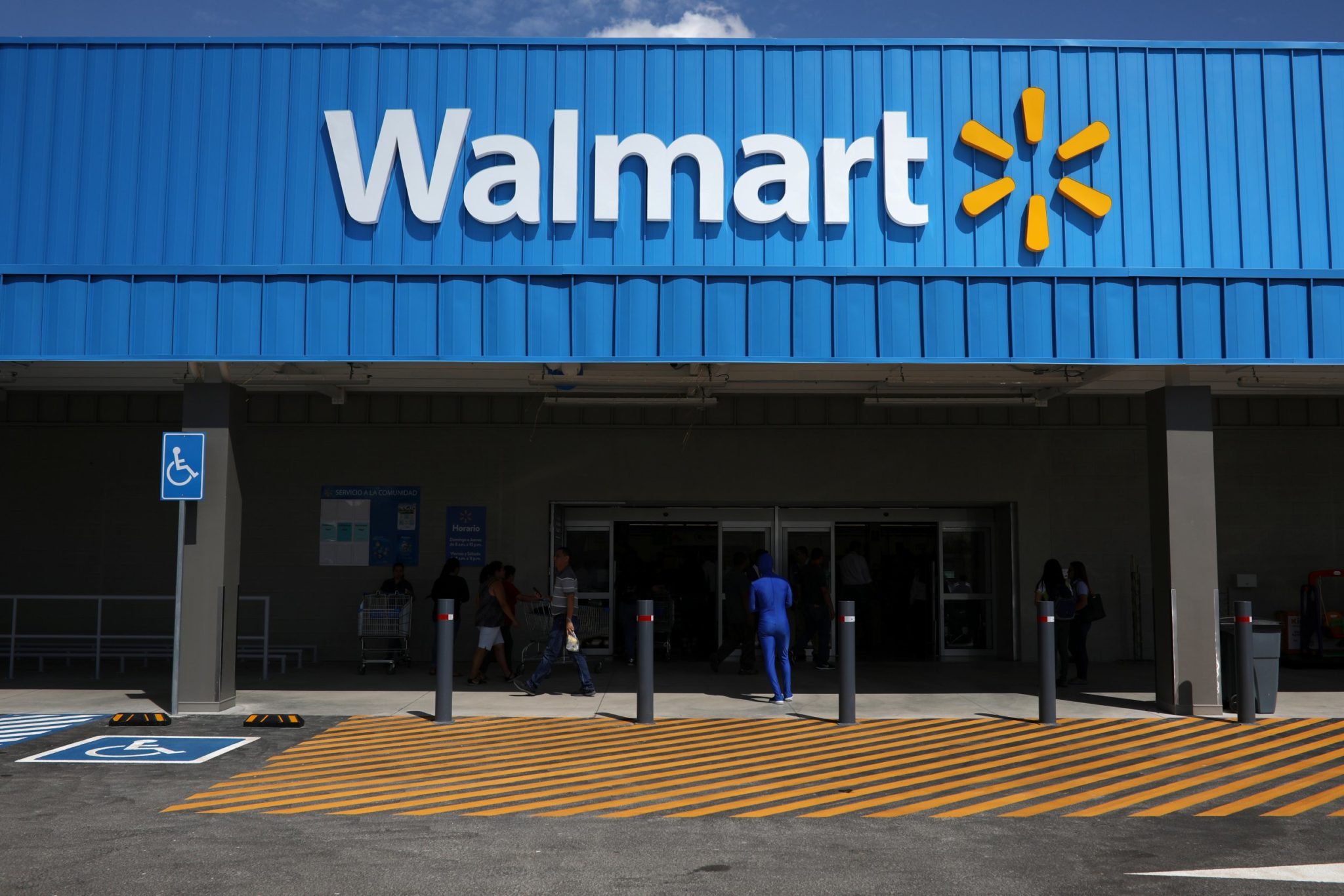Essential Features for Retail Management Systems
Did you know that 70% of retailers believe adopting advanced retail management systems (RMS) directly impacts customer satisfaction and operational efficiency? As the retail industry evolves, implementing a robust RMS has become critical for businesses to thrive.
In this blog, we’ll explore Essential Features for Retail Management Systems, why they matter, and how they can streamline your operations. Whether you’re a small retailer or manage a multi-location chain, understanding these features will help you choose the best system for your needs.
What Are Retail Management Systems?
Retail Management Systems are comprehensive software platforms designed to manage and optimize day-to-day retail operations. From inventory tracking to customer engagement, they bring every aspect of your business into a centralized system.
When evaluating the Essential Features for Retail Management Systems, it’s important to focus on tools that increase efficiency, improve decision-making, and enhance customer experiences.
Why Retail Management Systems Are a Game Changer
Retail management systems have revolutionized the way businesses operate by addressing common pain points such as inventory mismanagement, inefficient sales tracking, and disconnected customer engagement strategies. Some key benefits include:
- Improved Operational Efficiency: Automating repetitive tasks saves time and minimizes errors.
- Enhanced Customer Satisfaction: Quick checkouts, personalized marketing, and loyalty programs keep customers coming back.
- Data-Driven Insights: RMS dashboards provide actionable insights, allowing you to make informed decisions.
To see how Sodio’s custom retail software solutions can drive similar benefits, explore our services.
Essential Features for Retail Management Systems
A modern RMS must incorporate the following features to ensure smooth operations and growth:
1. Integrated Point of Sale (POS) System
An integrated POS system is the backbone of any RMS. It allows for:
- Seamless sales processing.
- Real-time inventory updates.
- Accurate reporting on transactions and trends.
With an integrated POS, you can simplify payment processes while keeping all sales data in one place.
2. Inventory Management Tools
Efficient inventory management is key to minimizing costs and ensuring product availability. Look for features like:
- Real-time stock tracking across locations.
- Automatic restocking alerts.
- Detailed inventory reports for strategic planning.
Want to learn how Sodio’s inventory solutions can streamline your stock management? Check out our case studies.
3. Customer Relationship Management (CRM)
A strong CRM feature within your RMS helps you:
- Track customer preferences and purchase histories.
- Create personalized promotions and loyalty programs.
- Offer excellent post-purchase support.
Building lasting relationships with customers becomes effortless with integrated CRM tools.
4. Employee Management Features
Managing staff schedules, performance tracking, and payroll is easier with employee management tools. These features help in:
- Optimizing workforce allocation.
- Monitoring employee productivity.
- Ensuring compliance with labor regulations.
5. Advanced Reporting and Analytics
Analytics is one of the most essential features for retail management systems. It provides insights like:
- Sales performance across products and locations.
- Customer behavior trends.
- Operational bottlenecks that need attention.
Leverage Sodio’s data-driven retail analytics services for real-time business insights.
How to Choose the Right Retail Management System
When selecting an RMS, ensure it aligns with your business’s unique requirements. Here are some tips to guide your decision:
- Scalability: Ensure the system can grow with your business.
- Ease of Use: A user-friendly interface minimizes the learning curve for your team.
- Integration: Compatibility with existing systems like ERP or accounting software is essential.
- Customer Support: Reliable post-purchase support ensures smooth operations.
Discover how Sodio’s tailored solutions can meet your retail needs by exploring our service portfolio.
Real-World Applications of Retail Management Systems
Case Study 1: Enhancing Multi-Store Management
A mid-sized grocery chain implemented an RMS to synchronize inventory and sales data across 10 locations. As a result, they achieved:
- 30% reduction in inventory waste.
- Improved customer satisfaction due to accurate stock availability.
Case Study 2: Boosting Fashion Retail Sales
A fashion retailer used RMS to implement personalized loyalty programs. They saw:
- 25% increase in repeat customers.
- Higher average transaction values thanks to targeted promotions.
These examples highlight why the Essential Features for Retail Management Systems are crucial for success.
Trends Shaping Retail Management Systems
The future of RMS is being shaped by emerging technologies and consumer demands. Some key trends include:
1. Cloud-Based Systems
Cloud technology enables remote access and scalability, making it ideal for businesses with multiple locations.
2. Artificial Intelligence (AI)
AI-powered RMS solutions provide predictive analytics for inventory and customer behavior, helping retailers stay ahead of trends.
3. Mobile-Friendly Features
Mobile access for staff and customers enhances convenience, from mobile POS systems to loyalty apps.
4. Internet of Things (IoT) Integration
IoT-enabled devices like smart shelves and sensors streamline inventory management and improve accuracy.
Stay competitive by embracing these innovations with Sodio’s cutting-edge retail technology solutions.
Overcoming Challenges in RMS Implementation
While the benefits are immense, implementing RMS comes with its own challenges:
- High Initial Costs: Partner with a provider offering cost-effective solutions without compromising quality.
- Employee Resistance to Change: Provide training and emphasize the long-term benefits.
- System Integration: Choose an RMS designed for seamless integration with existing systems.
Sodio’s team specializes in customized RMS implementation to help you overcome these challenges effectively.
Conclusion
In today’s competitive retail environment, adopting the right RMS is a game changer. By focusing on the Essential Features for Retail Management Systems, you can ensure smoother operations, enhanced customer experiences, and data-driven growth.
Ready to transform your retail business? Contact Sodio today for expert guidance and customized solutions designed to meet your unique needs. Let us help you build the retail management system that takes your business to the next level.







